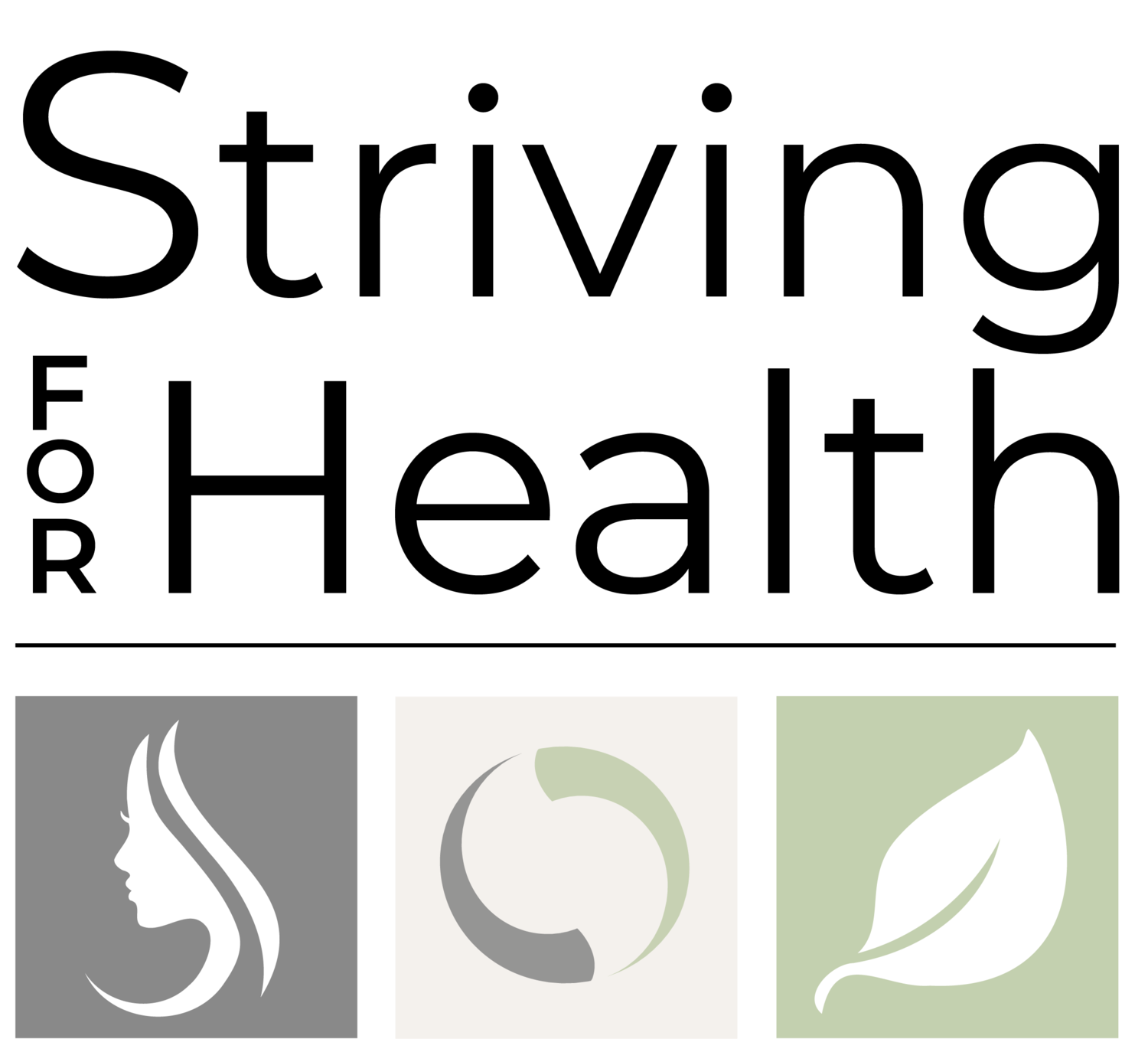
Dietary Therapy
Diet is so important.
Dietary therapy forms the basis of Traditional Chinese Medicine (TCM) in daily practice. In TCM, food therapy and diet are the first treatments given to people who are trying to stay healthy and remain in balance, or who are suffering from illness. The foods we eat on a daily basis form the foundation of our nutritional and internal health. The foods we choose can either help us to improve symptoms and maintain a degree of health or can hinder our health and increase or cause symptoms.
Our daily dietary choices are something we have 100% control over. This is empowering since we can choose what we put into our bodies at every meal so we have the power to improve our health every day. A healthy diet is fundamental for a healthy body and mind. Most symptoms and conditions can be vastly improved, or even completely corrected, with the right dietary tweaks. There is a large variety of dietary options out there and some will resonate more depending on the person. But at the end of the day a healthy diet is a lifestyle choice. Our daily dietary choices will determine our health, but beyond the obvious health benefits, our diet should also be delicious, easy, beautiful, energizing and make people feel fantastic!
Many of today’s popular diets require restrictions, like Paleo, FODMAP or Keto as examples, where people are categorically restricting large groups of tasty and nutritious food. When we restrict groups of foods in our diets the microbes that depend on those foods (for their food source) also suffer, and by extension so do we, with more inflammation, lower metabolism, unbalanced hormones, foggy head, fatigue, etc. Long term restricted diets can be harmful to the overall health of the body and the health of the microbiome. Diversity and balance in the diet is key. We all need to eat a variety of plants every day to give us all the fuel we need to run our bodies.
Sometimes different foods or food groups will cause a person to have unwanted symptoms when consumed. In this case, some food restrictions may be warranted in the short term, but large-scale food restrictions should NEVER be a long-term solution. Short term restrictions can be helpful when addressing specific symptoms while the underlying issues are being treated or the associated microbes are being repopulated so they can break down the new food source. But as soon as the underlying issues are resolved, those foods should be added back into the diet for their health benefits and to be enjoyed. When we restrict specific foods or food groups our microbiome suffers since every food we eat is fuel for a specific microbe in our gut.
Having said that, sometimes someone may need to continually restrict a specific food for safety reasons. One example would be if someone is anaphylactic to a food, if this is the case then they should absolutely continue to avoid that food for the long term.
Our goal is to get people incorporating more plants into their diet … every color and every type, to feed you and your microbiome! We don’t do restrictions!
When tackling the diet we use two approaches:

TCM Approach:
The first documentation regarding TCM dietary therapy was found around 300BC, in The Yellow Emperor’s Classic of Internal Medicine and has been successfully used for thousands of years. So, the importance of the diet on one’s health is NOT a new concept. TCM dietary therapy can work for anyone as it embraces balance in the diet to support balance in the body.
TCM Dietary therapy differs dramatically from Western dietary principles. In the US, we tend to think about the diet in terms of things like carbohydrates, fats, proteins, sugars, vitamins, or minerals. Of course, these are extremely important to maintaining a healthy body. However, another way to look at diet is through a TCM view, which is a very different approach but also gets excellent results. TCM follows a more holistic concept of balance and how the thermal nature and flavors of foods and herbs influence the body as a whole. TCM relies on whole food recommendations to address issues instead of breaking the nutrients into smaller parts. TCM also embraces moderation in the diet.
For example, if someone is experiencing an excess of phlegm in the body then a simple TCM dietary approach would be to reduce the foods that can increase phlegm, such as dairy, alcohol, fatty foods, raw foods, sugar, etc. At the same time, foods would be added into the diet that can help to reduce phlegm such as millet, soy beans, pears, mung beans, grapes, seaweed, etc. This is a simple approach that can be easily incorporated into any diet until the symptoms are resolved and balance in regained in the body.
In ancient times, foods were chosen and prepared for the healing qualities they would impart, not just for their taste. Many herbs are classified as "food-grade herbs" because they can be used in daily cooking to improve energy, enhance longevity, support digestion and be used to help improve specific ailments. Herbs are definitely used as food and are delicious to cook with.
In TCM, the different colors, temperatures and flavors of the foods are associated with different organ systems and each have their place in a healthy diet. It is all about finding balance with the diet and embracing the healing properties of food. By using certain foods, symptoms can be addressed to restore balance to the organ systems and get the body back in balance.

Healthy gut microbiome approach:
In addition to our own dietary needs, we must also feed our microbiome for optimum health. A healthy gut microbiome regulates many functions in the body such as nutrient absorption, the immune system, inflammation, weight balance, hormones and even mood and brain function. There are literally thousands of studies showing the connection between a healthy microbiome and a healthy body.
Since food directly effects our health, the typical American diet is not helping anyone.
In a study published in the journal BMJ Open, scientists found that nearly 60% of an American’s daily calories come from “ultra-processed” food, this includes food that contains ingredients such as artificial flavors, colors, sweeteners and hydrogenated oils, emulsifiers and other additives not used at home. The study also showed that most Americans get less than 1% of their daily calories from vegetables. This is unfortunate and totally shocking!
Our gut microbiome LOVES plants, (especially fiber and polyphenols rich foods - they are food for our microbes) and the majority of people are just not eating enough of them! Plants encompass fruits, veggies, beans, whole grains, lentils, nuts, and seeds. We all need to eat more plants. Period.
The gut microbiome can convert the whole plant foods we eat into Short Chain Fatty Acids (SCFA), which are amazing for our health. SCFAs are the main metabolites produced in the colon and play a role in modulating inflammatory diseases, digestive disorders, Type 2 diabetes, obesity, heart disease, and neuro-immunoendocrine regulation ... just to scratch the surface of health benefits.
However, if someone is eating a diet high in processed foods, sugar, dairy products or meats, they will have a microbiome that is geared towards breaking down these specific foods. These foods do not produce SCFA and can produce more unfavorable metabolites which can lead to inflammation, malabsorption and dysbiosis. If someone doesn’t normally incorporate plants into their diet, they won’t have a high population of the microbes needed to break down the plants during digestion. Therefore, when beginning to incorporate more plants into the diet it can sometimes be an uncomfortable experience with a few gastro type symptoms. The microbes needed to digest the plants are going to be in much lower concentration in a person that doesn’t eat them regularly, so their populations need to increase in order to digest the plants properly and not cause symptoms. This is the often the case when someone has restricted a food for a while and then they try to eat it again, they don’t have the microbe population to digest it right away. So if someone isn’t eating plants or specific types of plants regularly, they need to introduce them very slowly at first to minimize any symptoms.
Regardless of where people are with their health, everyone needs to support their microbiome so it can support them, and a healthy diet is the only way.

Did you know?
“Let food be thy medicine, and let medicine by thy food”
- Hippocrates
“The single greatest predictor of a healthy gut microbiome is the diversity of plants in one’s diet”
- Dr. Rob Knight – creator of the American Gut Project

